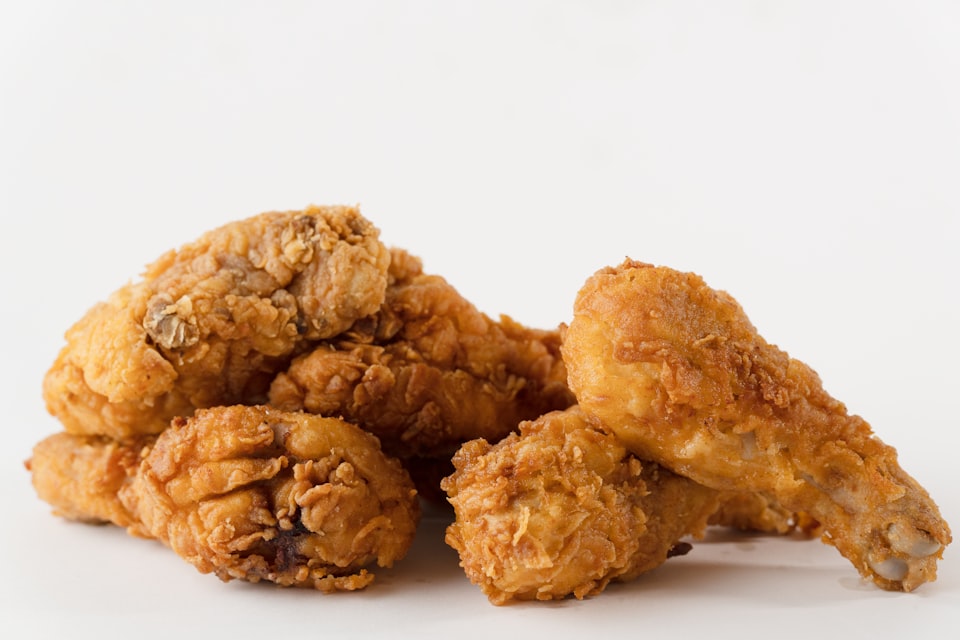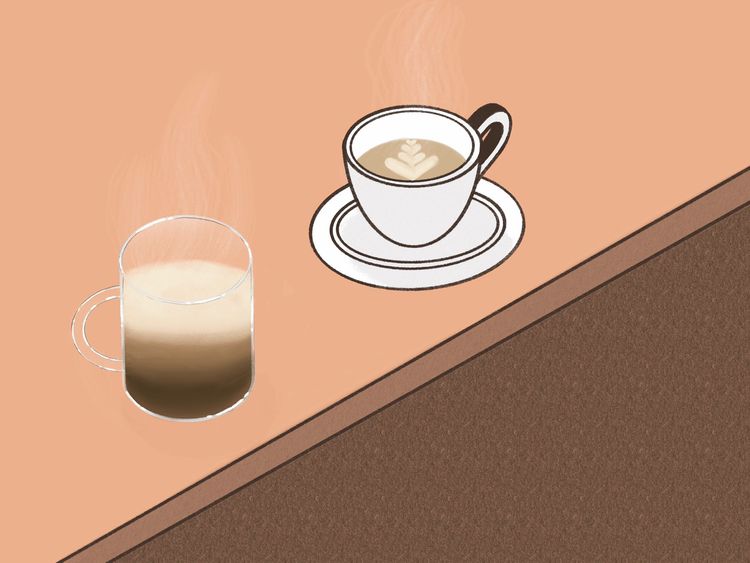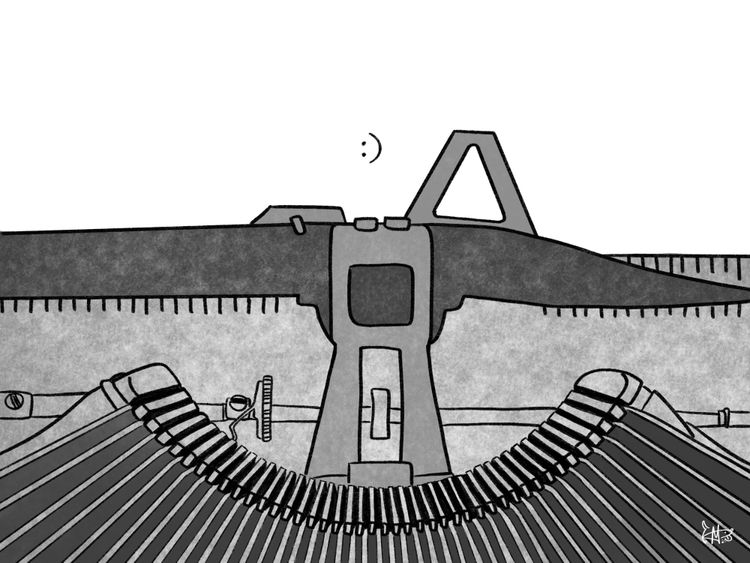The Ninja Foodi & The Goodness of Machines

The slow, manual creation of a beverage or culinary treat is a good we often lack in our harried lives. That process shapes how we engage the world. But it is, like most things, a relative good. Sometimes, a heavier reliance on machines is the higher good. So I have learned in the case of my Ninja Foodi.
In the case of espresso-making, I upheld the goodness of the barista experience, not least because it was a process I enjoyed with my daughter. With the Ninja, I put in food—chicken drumsticks seasoned only with salt—and twenty minutes later, it’s time to eat. There’s little in the way of observation, nuance, and shared creation. Yet I gain in other domains.
The Foodi reminds me that, like most things in life, we are often confronted with a choice between multiple goods. Raspberries or strawberries? Even if we have a penchant for one over the other, there are days we might still choose the alternative. Much depends on context. Goods are, in this sense, relative.
Of course, the examples extend far beyond the dining table. We choose between spending time with one friend over the other, between this job and that one, between breezy strolls in the park and cozying up on the couch for our latest used book adventure. In each of these instances, we are not rejecting one option as bad. Instead, we are contextualizing and choosing what is better at the moment.
I save time using the Ninja, and the food is still reasonably good. What I lose in cooking, I gain in cultivating a different aspect of relationship with my children. Love, after all, takes time. I am looking at LEGO creations, applying band-aids comprising two strips of coloured tape and a strip of paper, and sticking my head under the latest box-blanket fort. Rather than fixating on my creational aspirations, I can have more time to enjoy my son’s creations and nurture relationships. In this context, I am not anti-machine but, in many ways, very pro-machine. The machine creates space for a higher good.
Whether such a good is being pursued is the question I pose in my use of the various technologies in my home.
This requires, nonetheless, an ounce of prudence that seasons the whole. I still prepare meals with more conventional methods. I steep loose leaf tea. I don’t look at my phone past a certain hour. My life rhythms still carve out space so that the machine cannot come to dominate my life and the sense that life’s purpose is efficiency. This is what enables me to enjoy the appliance without falling prey to the tyranny of perpetually proliferating production.
Yet this equally means that I use the machine to temper the romanticism of a rustic life without mechanization. While efficiency is not God, to set aside efficiency entirely is to underappreciate the human gift of improving and developing aspects of our lives. Dishwashers can be incredible goods for single parents caring for three children between two jobs. I’m rather happy about indoor plumbing. Beyond the home, we often wonder if a little more efficiency in the transportation bureau or emergency room wouldn’t make for better lives all around. There are good machines.
Air-frying appliances or stove-top frying pans, espresso makers or Nespresso machines—in the end, I say there’s a place for both. The goal is neither efficiency nor a steady rhythm. The goal is the good served by each in the nuances of context.
So it is that the recent addition of the air fryer to my kitchen has taught me about the good life with the simple click of the opening latch and a few glossy buttons. We ought to be discerning in our use of our machines, for better or worse, and in this season of life, I am happy to declare the Ninja Foodi a winner.



Member discussion